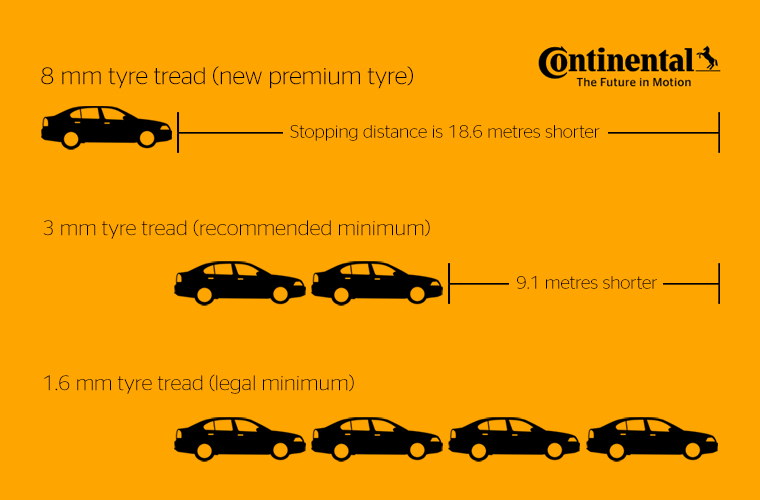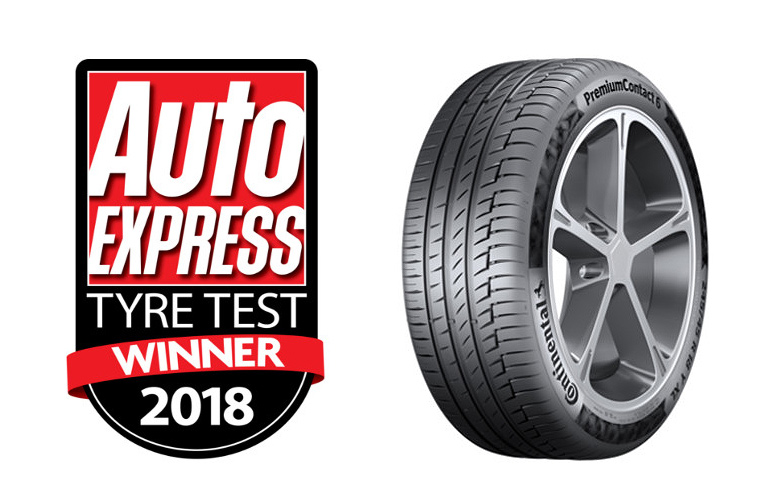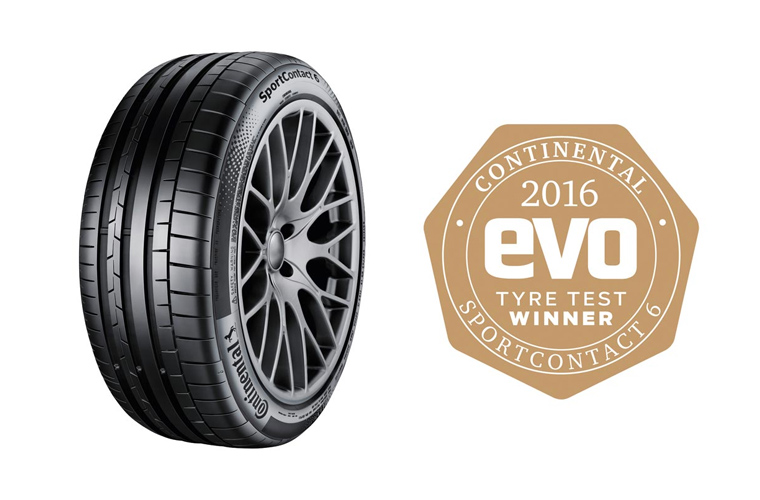At Asda Tyres we’re one of the UK’s leading tyre providers and experts. Our customers ask many, many tyre-related questions, from what to fit, to tyre safety. Providing impartial, expert tyre advice is something we’re all too happy to do.
But we aren’t the only experts in demand. Leading premium tyre manufacturer, Continental, are considered one of the world’s most authoritative driver safety specialists. They have a long and distinguished record of not just providing excellent safety advice and tyre products, but a history of campaigning on behalf of UK motorists to ensure that they are as safe on the road as they possibly can be.
With this in mind, we’ve got together with them to answer some of the most frequently asked questions about tyres.
Is checking my tyres regularly really necessary?
In a word, yes! Check your tyres regularly, not just now and again, for the simple reason that your tyres are so important for your driver safety. Think about it; they’re the only bit of your car that’s in contact with the road. And consider this: the tyre contact patch is only about the size of a smartphone – that’s all! It’s your tyres that generate the essential grip you require to not only stay in control your car, but brake quickly and safely too. Without good tyres, you’d be in trouble.
When inspecting your tyres you should include checking for tyre wear – especially on tyre tread depths – and possible tyre damage. Your tyre pressures need your attention too. If you do all of this on a regular basis, it will go some way to helping ensure your tyres remain in good condition. This, in turn, will help to keep you safer on the road.
What’s so important about my tyre tread depths?
Good question. Your tyre tread depths play an incredibly important role in generating the grip you need to drive safely. Without it, you wouldn’t be able to accelerate, corner or brake with any control. It’s these grooves that run along the central length of your tyre that disperse any water from the road surface. If your tyres have good tread depth – both Asda Tyres and Continental recommend a minimum of 3mm – then you’ll find it a lot easier to cope on wet roads.
Less than this amount – even as little as the UK legal minimum of just 1.6mm – and you’re putting yourself at risk of slipping and sliding dangerously when it’s wet. You’ll also require longer stopping distances when braking, and that means a greatly increased chance of having a collision. Independent braking tests conclusively demonstrate that it can take motorists up to twice as far to come to a stop when tyres have just 1.6mm of tread depth, compared to those with 3mm, on wet roads.
And in the event you have even less that the UK legal minimum tyre tread depth, you’ll not only be responsible for endangering your own driver safety, but that of any passengers, as well as fellow road users. You’ll also be chancing a large fine and penalty points on your licence if you’re stopped by the police and found to have illegal tyres fitted. In this event, you’ll incur a fine of £2,500 and three points for each illegal tyre. You’re better off all round regularly checking your tyre treads – you can do so with the “20p Test”.
TWIs – Tread Wear Indicators
Tyres typically come with TWIs – tread wear indicators – for 1.6mm, but all Continental 5 series and above premium tyres – like their award winning PremiumContact™ 6 –have TWIs at 3mm too. And now that you know what a difference having this extra tread depth can have on your braking performance and stopping distances, it makes sense to look out for the 3mm TWI when you regularly inspect your tyres, and if seen get your tyres changed, right?
Why are my tyre pressures so important?
The right pressures are important because they – literally – keep your tyres in good shape. Tyre pressures will not only vary from vehicle to vehicle, but also differ depending on whether your vehicle is laden or unladen. For these reasons, there is a different value for each state, and these will typically be found on the inside of the driver door, or inside your vehicle’s fuel cap.
Your pressures matter because when correctly inflated, tyres can perform at their optimum best. However, when they’re either under inflated or over inflated, they won’t perform as well, and you won’t get the best out of them. In either state of incorrect inflation there are consequences – some economic, some life threatening, but all negative.
With under inflated tyres, drivers run the risk of uneven tyre wear, typically at the outside edges of the tyre. This is due to the (incorrect) shape of an under inflated tyre – too flat at the bottom. This means more of the tyre edge makes contact with the road – as well as kerbs when parking – and as a result uneven wear takes place. This unnecessary increased contact also results in more fuel being needed to turn your wheels, since the overtly flat bottom of the tyre offers more resistance to turning – and that’s an additional expense that nobody needs, right?
There’s also tyre wear when your tyres are over inflated, but in this case it typically takes place along the centre of the tyre – where your main tread grooves are. This is because the narrower shape of over inflated tyres puts all the contact with the road in this area, and, consequently, wear is increased.
Unfortunately, this is just the place on the tyre where you need the most grip, and, as a result, over inflated tyres have an increased risk of tyre blowout and puncture. This is due to the fact that over inflation results in the tyres being too taut, without sufficient flex and give in them to absorb shocks and impacts.
For all these reasons, checking your pressures as part of your regular tyre inspection makes a lot of sense.
How long can I expect my tyres last for?
How long is a piece of string?! We can’t offer you an exact figure, but we can tell you – from experience – that the amount of time will depend on many factors, including:
– How often you drive
– Your driving style
– The quality of the tyres you have fitted
All of these factors will differ from person to person, but if, for example, you’re an occasional driver who only uses their car or SUV for the occasional short runs into town – say for a little weekly shopping, or even every morning for the school run – you’ll incur less tyre wear than say, someone travelling thousands of miles at high speed each year up and down the motorway.
This, however, is also dependent on the way you drive. If you’re an aggressive driver (you know who you are) you’ll be putting a lot more stress on your tyres than someone who has a more conservative technique. These different driving styles will have their own impact on tyre wear. And so will the amount, and the regularity, of bumps and scrapes your tyres have to endure – such as when attempting to park, and scuffing them.
The quality of your tyres is a huge factor as well. Experience tells us that the majority of motorists think “all tyres look the same”. We know that the truth is quite different. Each different tyre manufacturer uses their own unique compound, and as with everything, some are of very high quality, and some are not. The difference in quality tends to be reflected in the tyre price.
The quality of your tryes makes a tremendous difference to not only the longevity of a tyre, but its safety characteristics too. In any exact like for like usage comparison, premium tyres – with their superior compounds – will perform much better than cheaper, budget tyres. When it comes to premium vs budget tyres, there’s only one winner. That’s not just our opinion, but also that of independent tyre testers as well.
Eventually, however, all tyres – whether premium or budget – will ultimately wear down to the point where they no longer provide sufficient grip, and need changing. Nevertheless, with premium tyres – such as Continental’s award—winning SportContact™ 6 – you’ll not only get significantly superior performance, but – in an exact like-for-like usage comparison – longer tyre life too.
We’ll be answering more of your tyre FAQs soon, in part two of this feature.
If you have a question about tyres, speak with Asda Tyres
We have an experienced, dedicated team of tyre advisers who can answer any questions you may have. Simply call us today, on 0800 9520 395 for impartial tyre advice, as well as expert fitting solutions for your vehicle. Alternatively, you can Live Chat with a member of our team.




